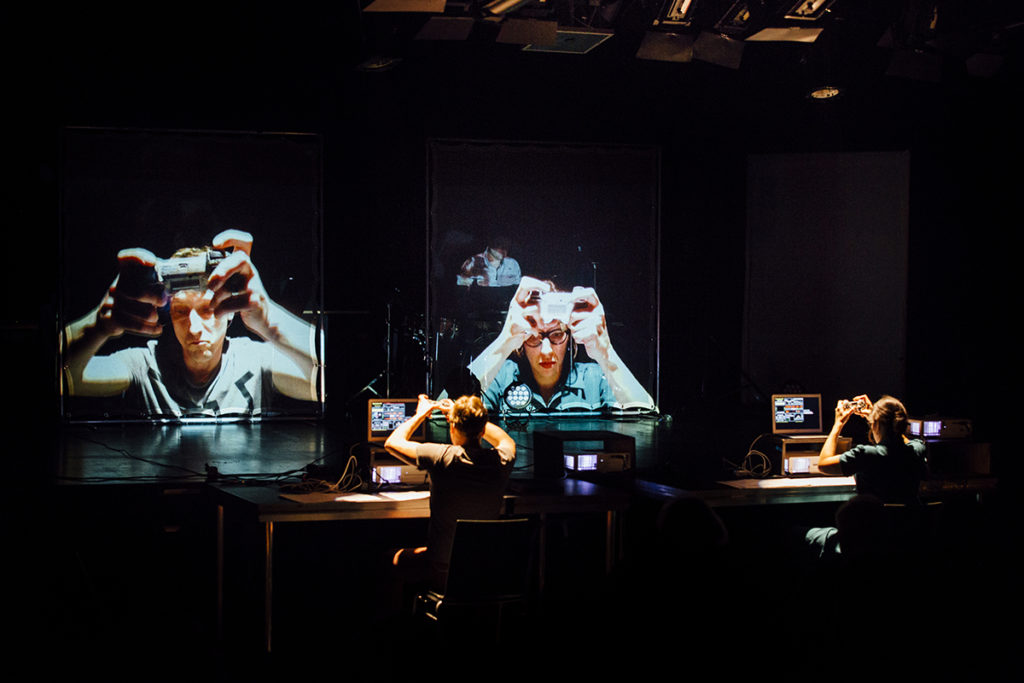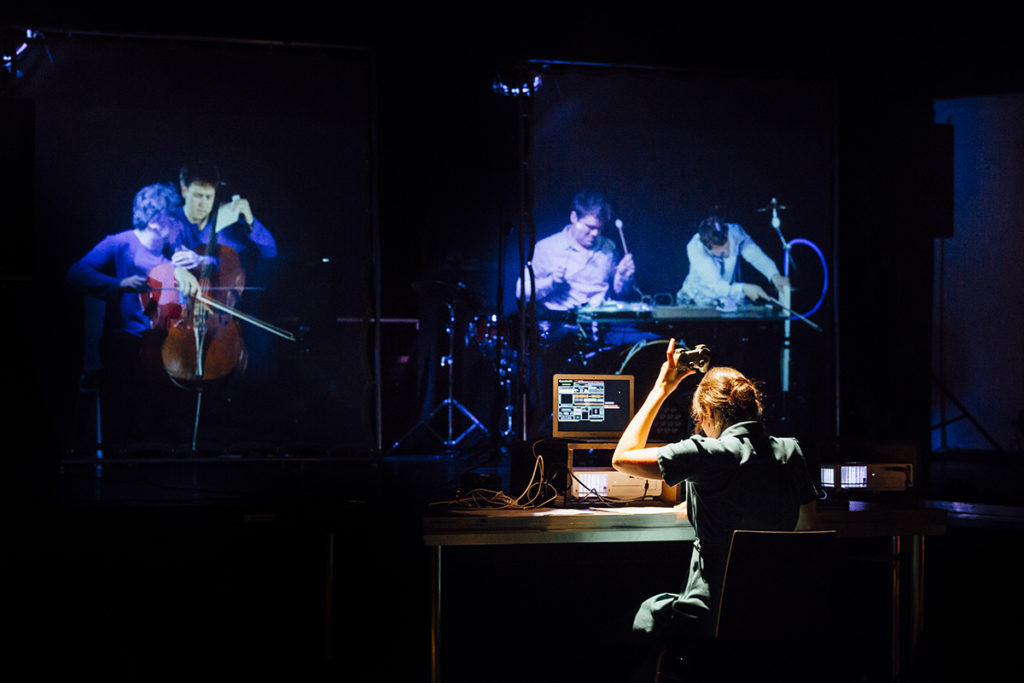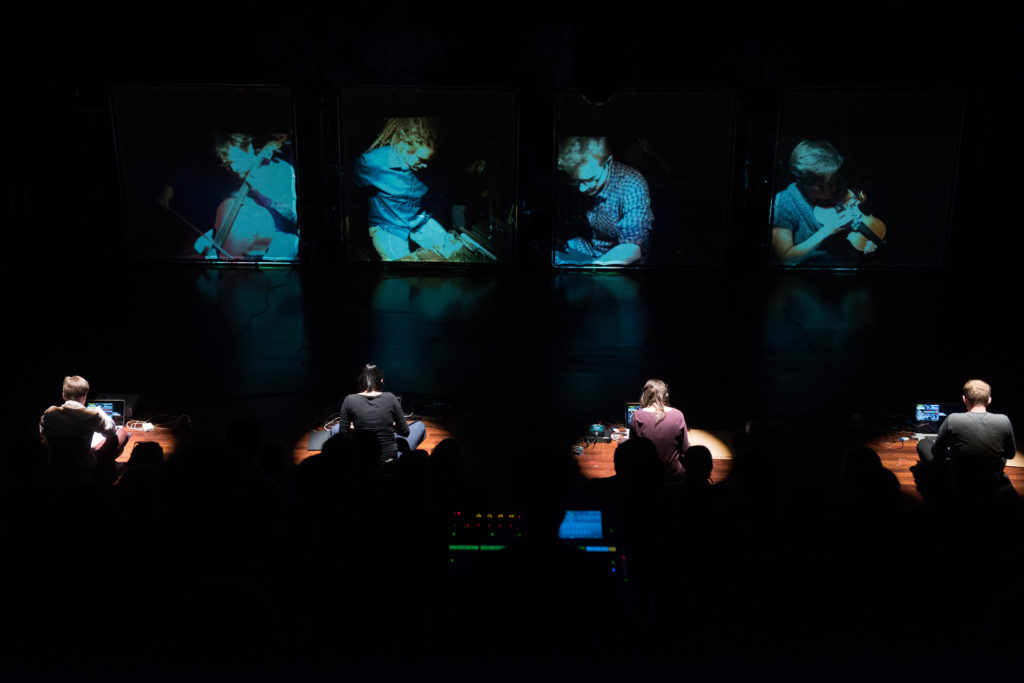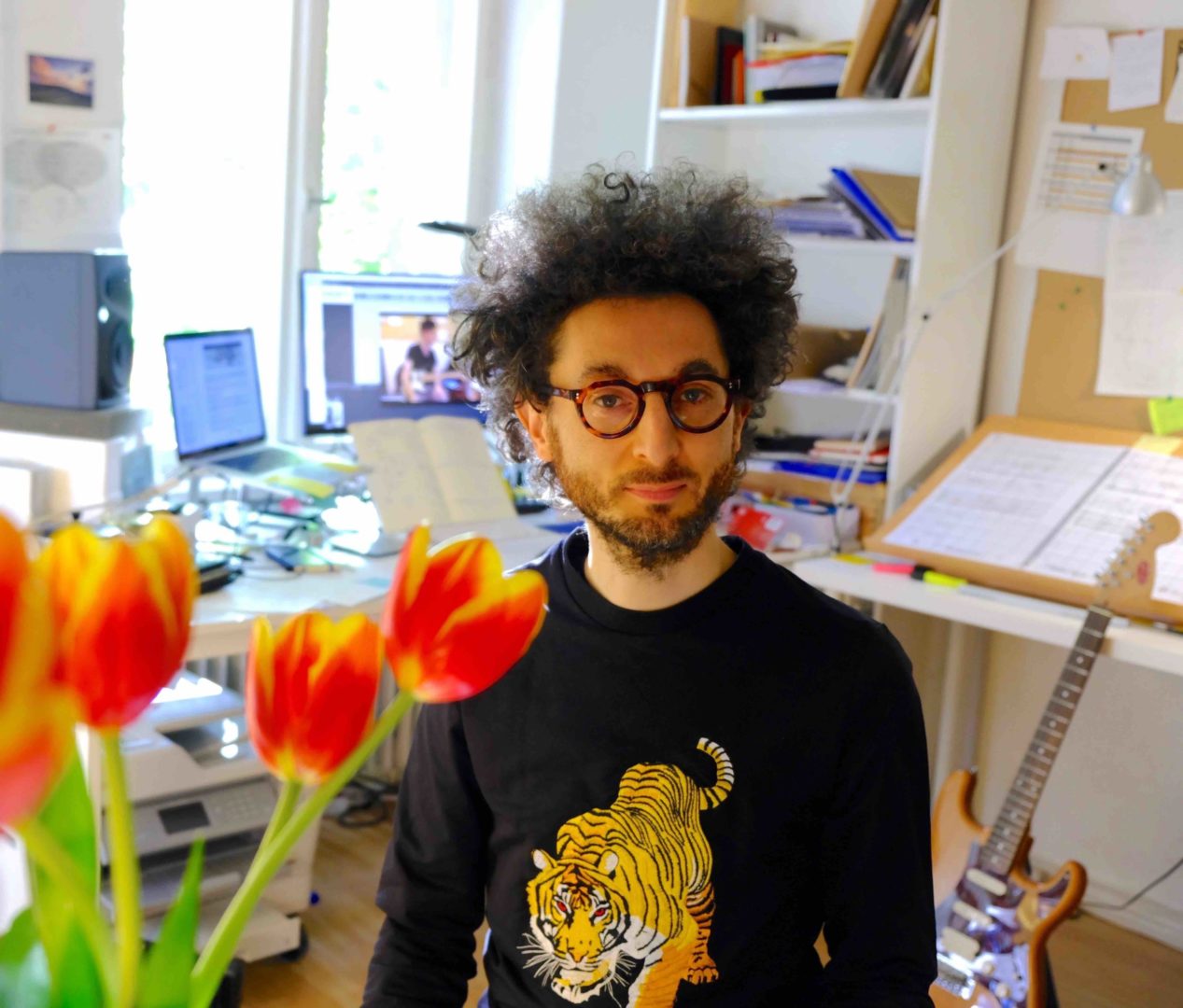‘This is a war fought by the first playstation generation’, these are the words of Evan Wright in his book Generation Kill in which he reports about his experiences during the 2003 Iraq invasion. A few years later smartphones, webcams and social media had a huge influence on real-time, multi-angled global transmission of the Arab revolutions in 2011. Both influenced Stefan Prins to write his composition Generation Kill in which he questions how we are desensitized about videogame violence and real-life violence when it can take place with remote control, from our comfort zone.



Alex Ross (“Blunt Instruments. Young European Composers go to Extremes in Donaueschingen”, The New Yorker, Nov 12, 2012, www.newyorker.com)
“Nothing made a deeper impression than ‘Generation Kill’, an explosive synthesis of live and electronic sound by Belgian composer Stefan Prins. In a program note, Prins reported that he had been pondering intersections of technology and global conflict: American soldiers in Iraq revving themselves up with video games, Arab Spring insurgents communicating via Facebook, drones operated by remote control. Rather than pasting such portentous themes onto the surface of a work, Prins found a way to embody them organically. Four members of the Nadar Ensemble, playing violin, cello, electric guitar, and percussion, were postioned behind transparant screens; facing them were four performers with PlayStation video-game controllers. These devices allowed for the recording, replay, and manipulation not only of sounds but also of images: the players had to compete with superimposed, sometimes sped-up video projections of what they had been doing moments before.The result was mind-bending, and not in druggy, blissed-out way. As the composer intended, it was disturbingly difficult to tell what was real and what was virtual. The musicians were caught in temporal loops, as if Philip K. Dick had written a novel about chamber music. Instrumental timbres were distorted in the direction of glitchy noise, in the manner of much recent European music, but the extension of playing techniques achieved a kind of visceral precision. The cellist executed several abrasive cadenzas with a crushed beer can stuck between the strings, and the violinist applied aluminum foil to the bridge of her instrument. There was a desert harshness to the sound, in keeping with the Middle Eastern focus. Twice, Prins halted all musical activity to make that focus clear: we heard crackling radio voices discussing “collateral damage”, and saw inhabitants of a nameless town running from a Predator drone.
This display of spastic near-genius was, to my puzzlement, one of the works that drew a cry of “Boring!” I wanted to ask the protestor what would have held his interest. Music for amplified lobby toilets? A piece in which an orchestra gets drunk on Fürstenberg beer and trashed everything in sight? Next Year, perhaps.”
Credits
Scenography: Marieke Berendsen
Prerecorded video-recordings of musicians: Kobe Wens
Programming max-patch: Josiah Oberholtzer

